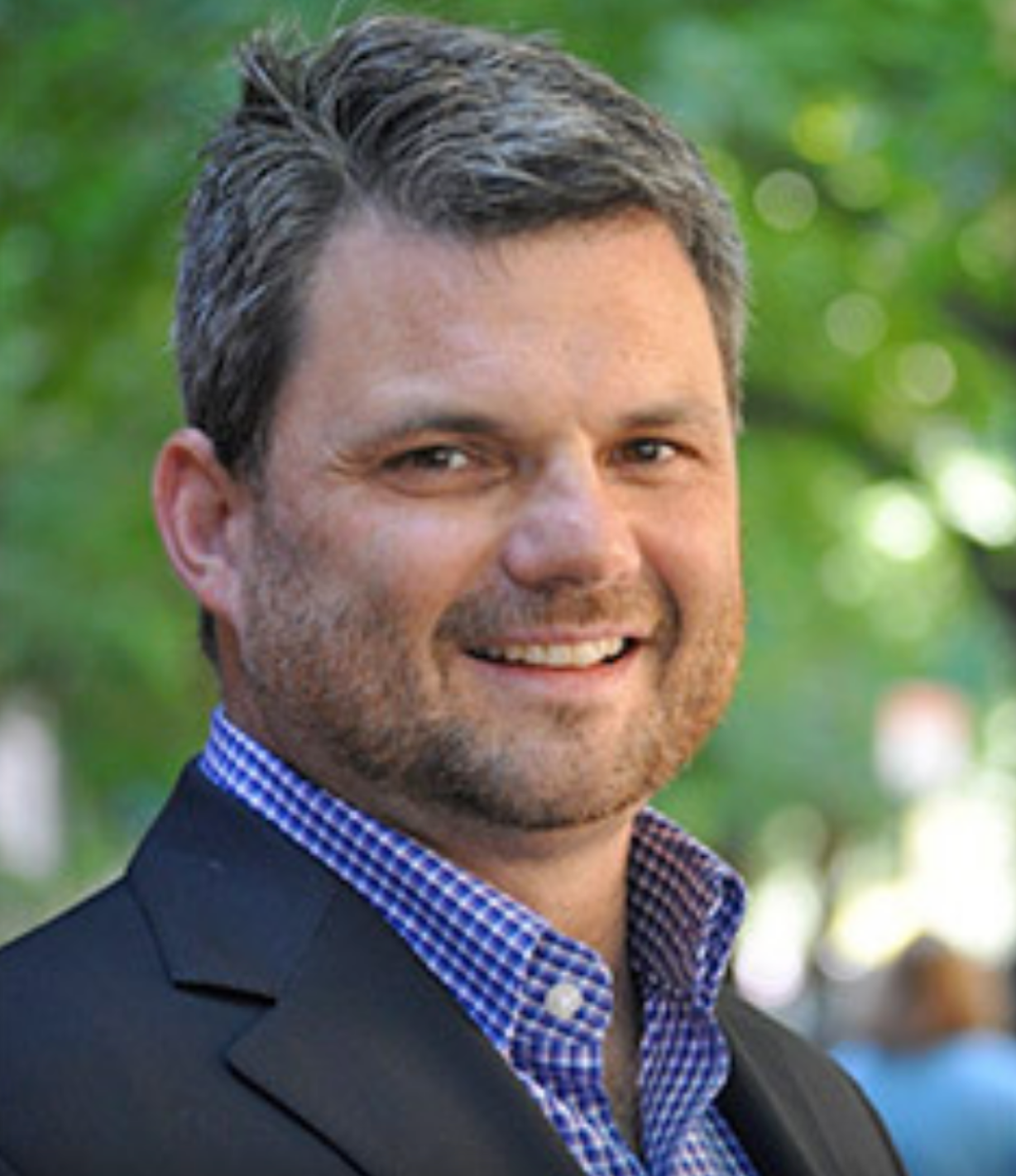These models not only hadn’t predicted the crisis, its occurrence was completely outside of their framework. The framework assumes there are no macroeconomic inconsistencies—all plans are realized, all budget constraints honoured. But after each instance in which that assumption is proved wrong, say in a crisis, the DSGE models assume that kind of event won’t happen again. By contrast, our framework explains why these inconsistencies arise and investigates the consequences, shows how large changes in the aggregate demand could trigger inconsistencies, explains the origins of such changes, and explains why decentralized market forces may be disequilibrating. We identify the crucial departures from the Arrow–Debreu assumptions underlying our results. We analyse the policy implications of this alternative theory, which typically are distinctly different from those of the standard model.

Remarks by Martín Guzmán at 12th Edition of the Paris Forum: Key findings and conclusions of the Jubilee Report
Dear members of the Paris Club Secretariat, Thank you for the invitation to present some of the key findings and conclusions of the Jubilee Report, commissioned by Pope Francis and prepared by a Commission of
 Joseph Stiglitz
Joseph Stiglitz
 Jeronim Capaldo
Jeronim Capaldo Kevin Gallagher
Kevin Gallagher Gabriela Plump
Gabriela Plump Anya Schiffrin
Anya Schiffrin Roberta Carlini
Roberta Carlini